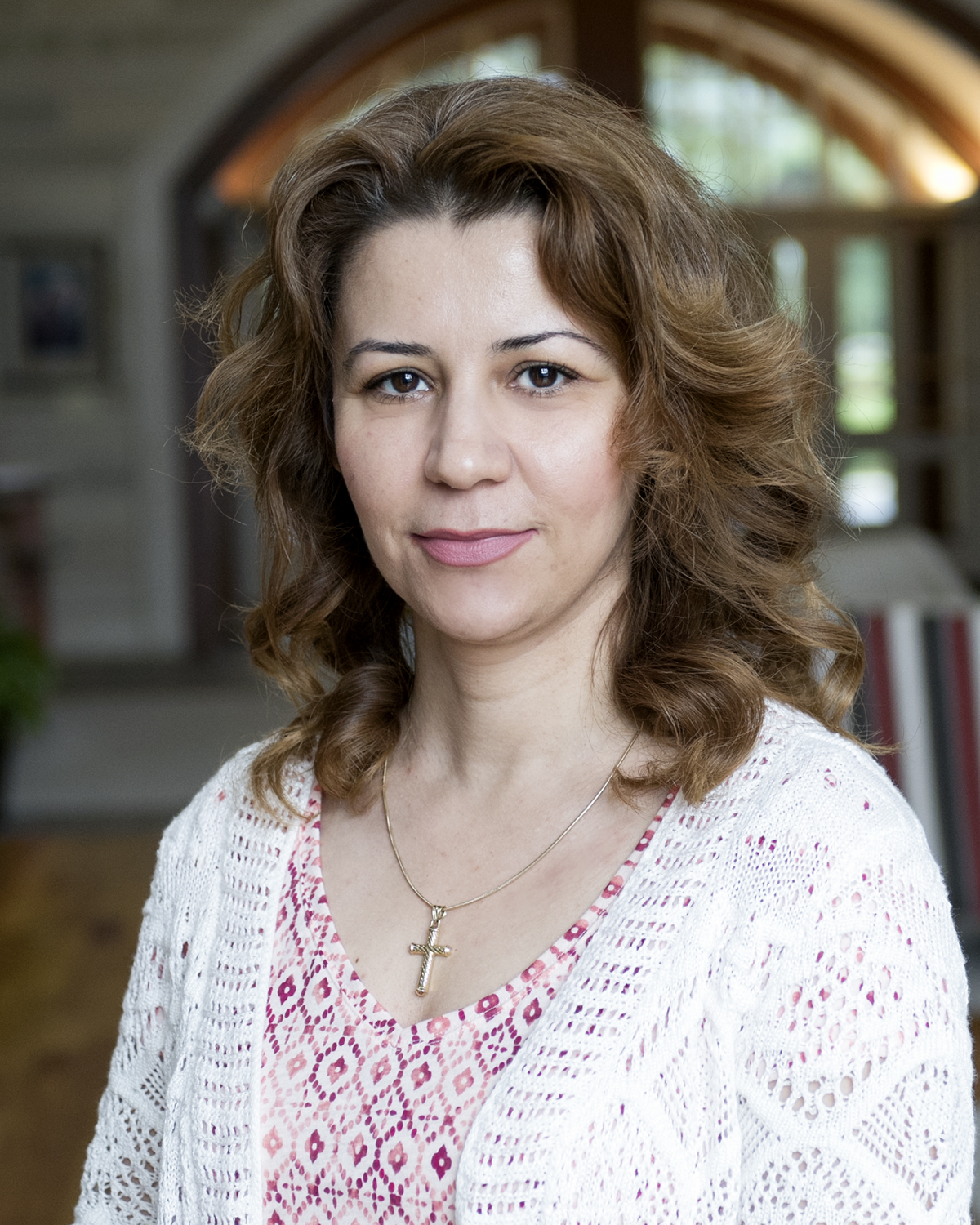
Meet Seda Arzumanyan, the Director of Development at Water for Good, an organization that aims to tackle water poverty in the Central African Republic.
A philanthropist by nature, Seda moved from Armenia to the United States in 2016 with her husband and two kids to complete her Master’s in Philanthropic Studies from the IU Lilly Family School of Philanthropy. She is skilled in donor cultivation, solicitation, and stewardship by developing relationships with people in different backgrounds. As Water for Good’s Director of Private Philanthropy, Seda believes in the success of a good fundraising management program and, since 2018, she has been implementing the best fundraising practices into the Water for Good system to help as many people as possible.
Seda grew up in Armenia, one of the oldest countries in the world. She had a happy childhood and was loved and cared for by her two sisters and parents. After high school, Seda got enrolled in the Yerevan State University and got her Bachelor’s and Master’s degrees in Social Work. Talking about her initial days as a graduate, Seda says, “In the beginning, I did not know what I was going to do. I worked for local non-profit organizations in Armenia that focused on children’s issues and fell in love doing development and fundraising work. In 2008, I got an offer from Habitat for Humanity, Armenia, to join the team for developmental work”. After a few years into social work, Seda decided that she had to go to the US and learn the best practices of philanthropy and development. She applied to Indiana University’s Master’s Program at Lilly Family School of Philanthropy and was selected for the program following which, she and her family relocated to the US for her education.
It was after her graduation and while she was looking for her next venture, when she knew that she wanted to do international developmental work. Her path brought her to Water for Good where she now works as the Director of Development. According to Seda, “Water for Good works in the second poorest country in the world, and our goal is to provide clean water to every person in the Central African Republic”. The organization tackles water poverty in the country and aims at providing clean, lasting water for every citizen. In addition to providing access to clean water, Water for Works also helps with employment by getting work done with the help of locals. They hire and train drillers, have launched a water-drilling enterprise, manage a supply of spare parts, and ensure government insight. With a goal of sustainability, the organization also trains local technicians to maintain over 1,800 water wells to enable them to work 90% of the time.
For Seda and her team, the biggest challenge was to transform their theories into practice. Because of the viral outbreak, currently they struggle with meeting their donors and supporters face to face, which is a key part of developing relationships with the donors, but when the people in the Central African Republic appreciate all their efforts to bring clean water to their communities, it makes everything worth the struggle. Seda elaborates, “Because of our work, women do not waste their time collecting water, girls and boys spend more time on education, and people have healthier lives!”
Seda enjoys challenging herself with ambitious goals and tries to accomplish them. She believes that because of her continuous learning and education, she could improve her life and she advises people to never stop learning. She concludes, “I believe that education can change women’s lives. Do not be afraid to put ambitious goals and make a plan to achieve those.”